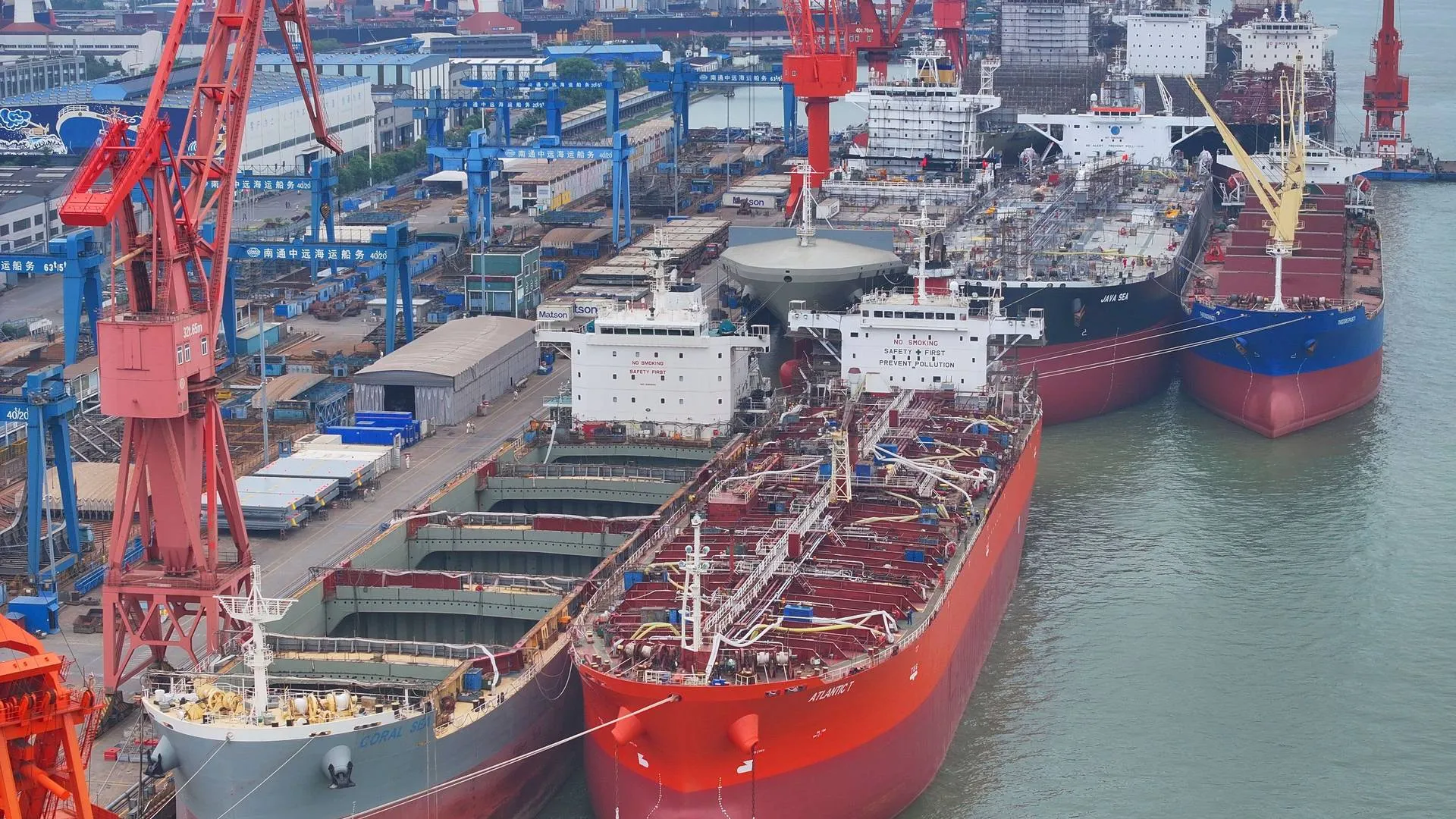HMM plans to double bulk fleet by 2030 amid market challenges
As warnings emerge that the container shipping industry is approaching ‘disaster’ levels, South Korea’s largest shipping company HMM is turning its attention to bulk carriers. The strategy aims to defend profitability through bulk shipping business centered on long-term contracts.
According to the industry on Nov. 25, HMM’s bulk carrier transportation volume for the first three quarters of this year reached 31 million tons, surging approximately 10% compared to the same period last year (28.16 million tons). During the same period, container ship transportation performance increased only 3%, from 2.83 million TEU (1 TEU equals one 20-foot container) to 2.93 million TEU.
Behind HMM’s steep increase in bulk carrier transportation performance lies the deteriorating profitability of container ships. The Shanghai Containerized Freight Index (SCFI) averaged over 2000 last year, but as the ‘front-loading export’ effect (exports sent before U.S. tariff implementation) disappeared due to tariff uncertainty in the second half of this year, shipping rates have continued to decline. Combined with supply oversupply from new ship deliveries, analyses suggest the recession could continue for about five years.
This year’s annual average SCFI was 1598, down 36% from the previous year, and recorded its lowest point of the year at 1114.52 at the end of the third quarter. Kim Byung-ju, a senior researcher at the Korea Maritime Institute (KMI), said “Next year’s SCFI is projected to average 1100-1300,” adding “This represents approximately an 18-31% drop from this year.”
Yang Jong-seo, a senior researcher at the Korea Development Bank’s Overseas Economic Research Institute, warned that “Unless a dramatic boom occurs, the container ship market could face a serious phase, requiring preparation for severe recession,” and “If the Israel-Palestine conflict is resolved and Suez Canal passage becomes free, we could experience disaster-level market depression.”
HMM appears to be focusing on the bulk carrier business by signing cargo transportation contracts and expanding cooperation with cargo owners (cargo export industry). The company signed long-term transportation contracts worth 636 billion won and 430 billion won (approximately $292 million) with Brazil’s largest mining company Vale in May and September, respectively. Earlier this month, it established a joint venture with UAE’s BGN Group, the largest liquefied petroleum gas (LPG) cargo owner, to expand LPG transportation business.
An HMM official said “As part of diversification, we will continue to expand the bulk carrier business alongside our main container division,” adding “We plan to increase our current bulk fleet of 49 vessels to 110 vessels by 2030.”
Source: BusinessKorea





